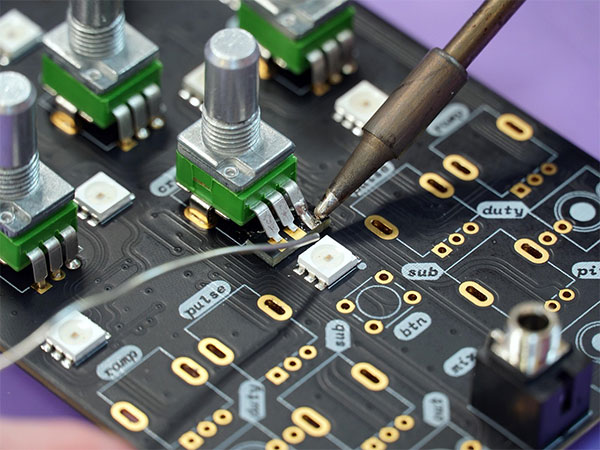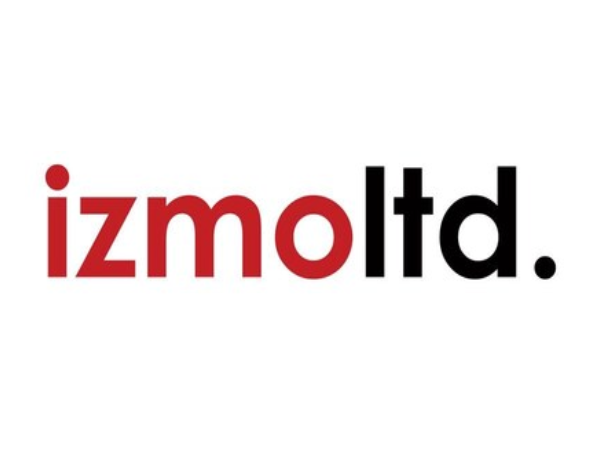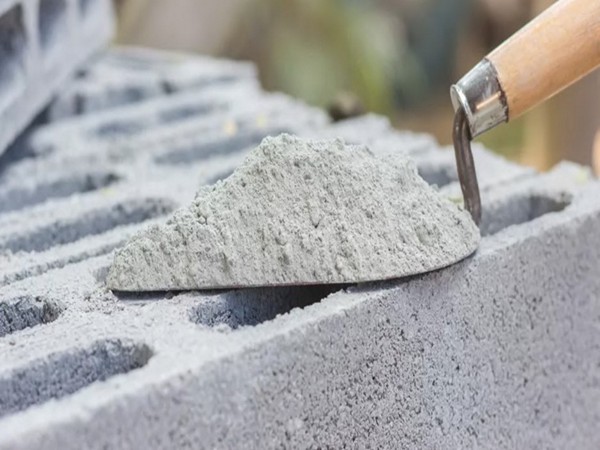
Korean chip makers fear price pressure on components if high tariffs are imposed on end products
Aug 12, 2025
Seoul [South Korea], August 12 : South Korea's electronic component makers are bracing for tough months ahead as Washington moves closer to imposing new tariffs on a wide range of technology products. The Korean Herald reported that the biggest uncertainty lies in whether semiconductors embedded in finished products such as smartphones and personal computers will be exempt from the proposed tariffs.
While US President Donald Trump's "100 per cent tariff on semiconductors" might be waived for giants like Samsung Electronics and SK hynix because of their investment in US chip plants, suppliers fear the relief may not extend to devices containing those chips.
"The US may grant semiconductor tariff exemptions, but those are likely to apply only to products exported directly to the US," the report quoted Han Ah-reum, a researcher at the Korea International Trade Association. "The exemption may not apply for finished goods, making the scope of exemptions a critical issue going forward."
The US Department of Commerce is set to announce its list of semiconductor-related derivative products after a Section 232 investigation under the Trade Expansion Act. In April, Commerce Secretary Howard Lutnick hinted that smartphones, computers and other electronics could face separate tariffs to boost local production.
If such tariffs hit consumer electronics, companies like Samsung and LG could see reduced profitability, with the impact trickling down to parts makers. Samsung Display CEO Yi Chung warned, "If tariffs from the US raise the prices of finished products, that could lead to downward pressure on display and other component prices. We are watching the situation closely."
Industry officials caution that higher prices could dampen already weak consumer sentiment in the US, slowing demand and creating a chain reaction that hurts semiconductor and component sales worldwide. "If smartphones and PCs are categorized as semiconductor derivative products, maintaining the current retail prices will be difficult," said one official on condition of anonymity.
Amid the uncertainty, suppliers are reviewing their production strategies. "Apple has recently unveiled large-scale investment plans in the US in a bid to ramp up domestic production, signalling an ongoing reshuffle of global supply chains," the official added.
Korean manufacturers have already been through multiple tariff disputes, from delays in Samsung Electro-Mechanics' Mexican plant plans to steep duties in Vietnam that were later reduced through negotiations.


























